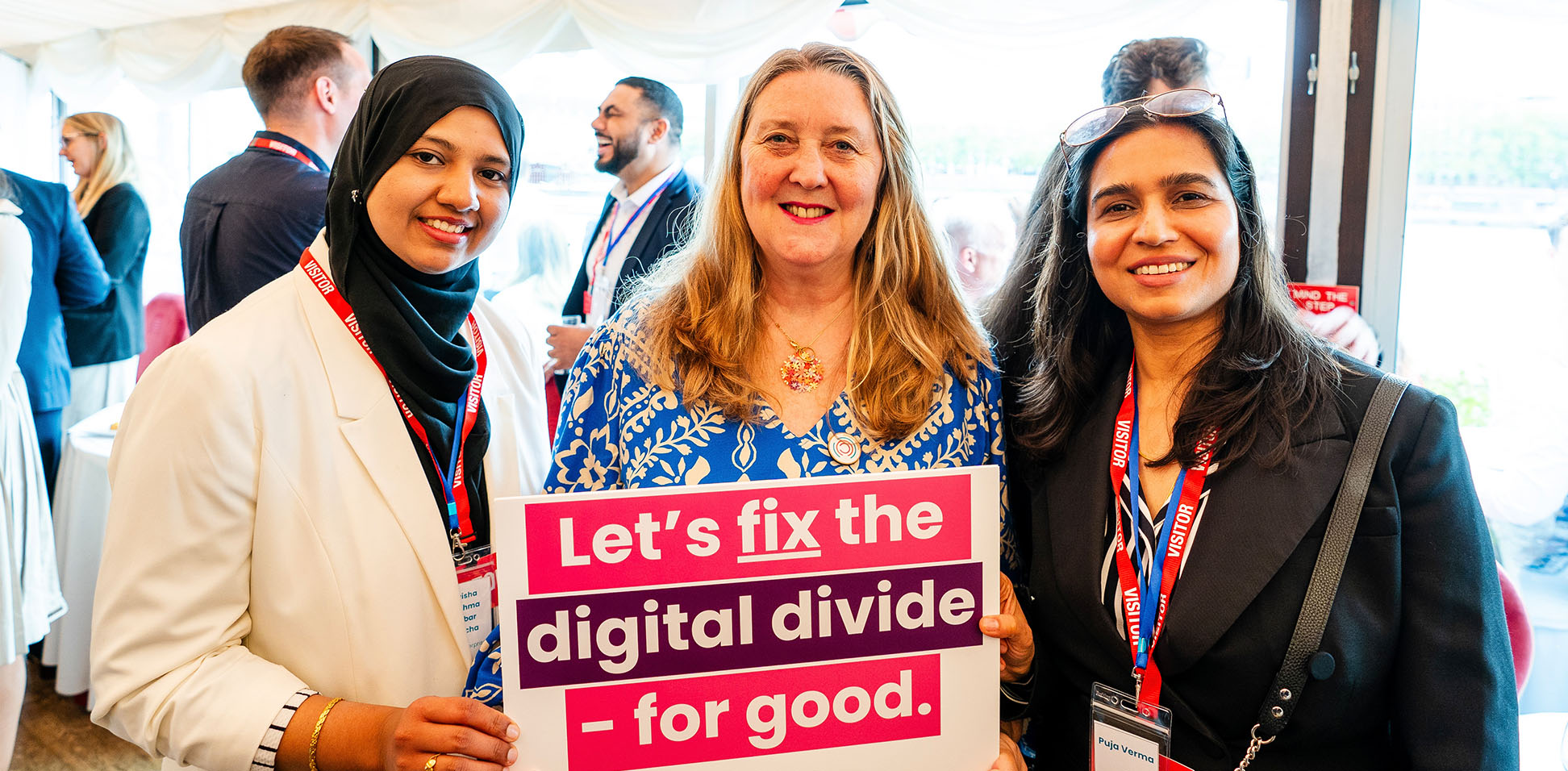The connection between economic inactivity and digital exclusion
This episode delves into practical solutions for addressing economic inactivity and explores both local and national strategies for overcoming barriers and fostering digital inclusion.
In this episode of Digital Futures for Good, Good Things Group CEO, Helen Milner interviewed Rt Hon Alan Milburn about the Pathways to Work Commission Report’s findings on social inclusion, economic re-engagement, and digital accessibility.
The conversation covered practical solutions for addressing economic inactivity and the local and national strategies necessary for overcoming barriers and fostering inclusion.
The pair touched upon some visionary thinking on eradicating digital exclusion and the encouraging bold ideas for transformation that could improve social and economic outcomes across the UK.
“The stock of the economically inactive is growing and people are leaving the Labor market, particularly young people which is really worrying, becoming economically inactive. So we need a complete change of tack. So what the report really does is analyse that and describe how a solution could work based upon what could happen locally and also what needs to happen nationally in terms of public policy with a new government.”
Rt Hon Alan Milburn
To launch the interview, we were delighted to be joined by Mayor of South Yorkshire, Oliver Coppard, and Centre for Social Justice’s Deputy Policy Director, Sophia Worringer. Oliver, as well as being the Chair of the Integrated Care Partnership in South Yorkshire, also worked alongside Alan Milburn as a commissioner on the Pathways to Work report.
“Since the Pathways to Work Commission report, we have worked tirelessly with the government, previously the opposition, to work out how we deliver that solution.”
Oliver Coppard, Mayor of South Yorkshire
“We have a blueprint of what a country has done that has really got to grips with economic inactivity and that is in the Netherlands. So they devolve their employment support and adult education. So what we can learn from our neighbors across the channel [...] they moved that money away from the center and into the regions. What is crucial, that Alan also spoke about, is that they separated it out and this is what the Centre for Social Justice wants to see.”
Sophia Worringer, Deputy Policy Director, Centre for Social Justice


